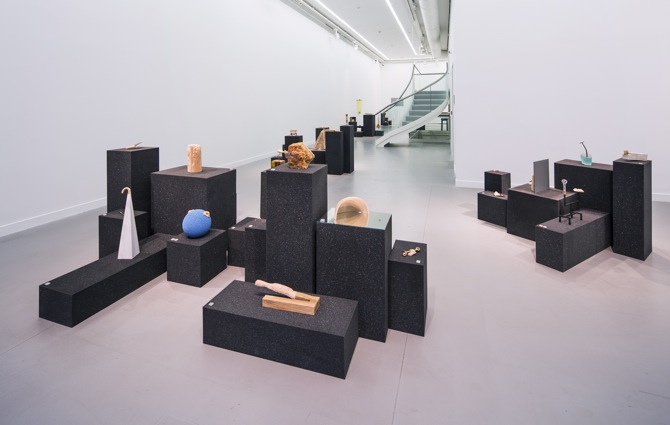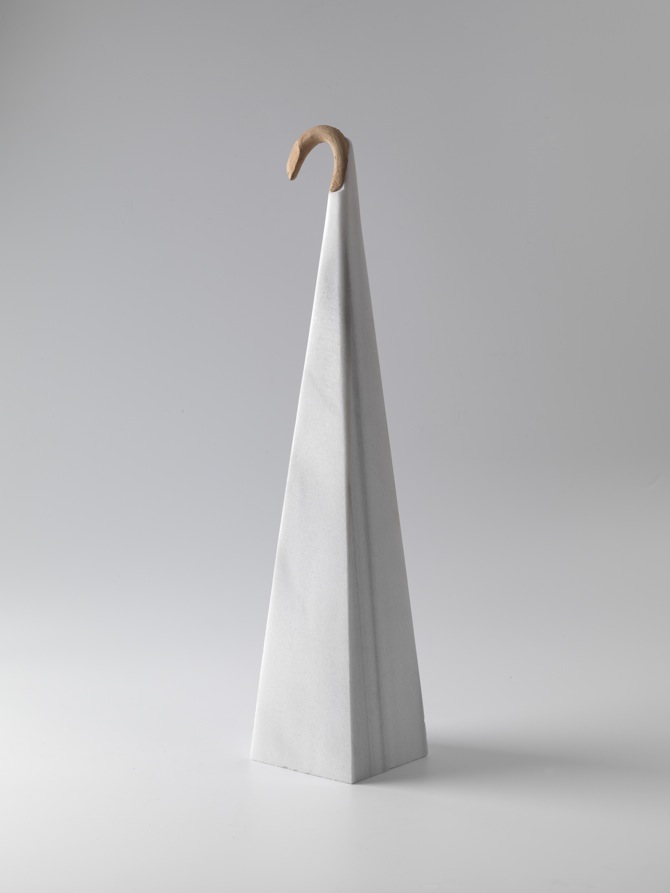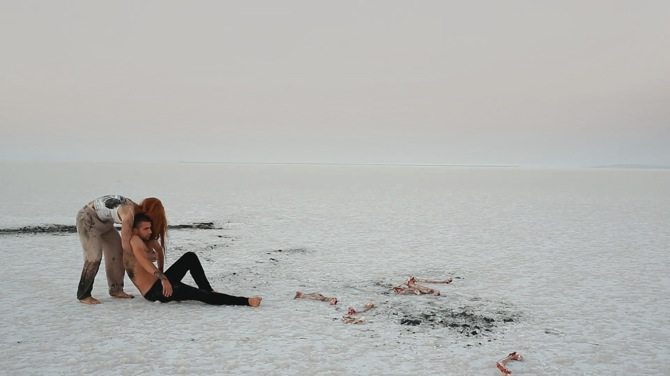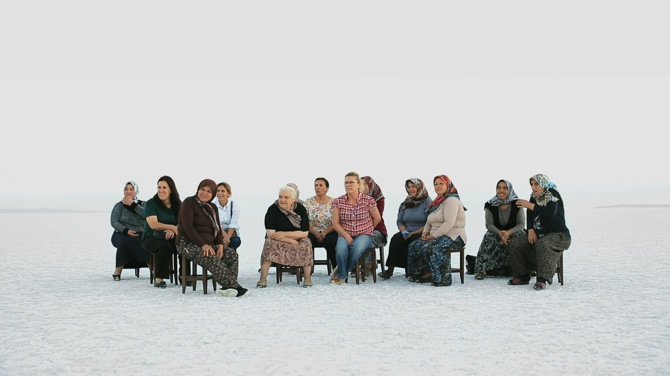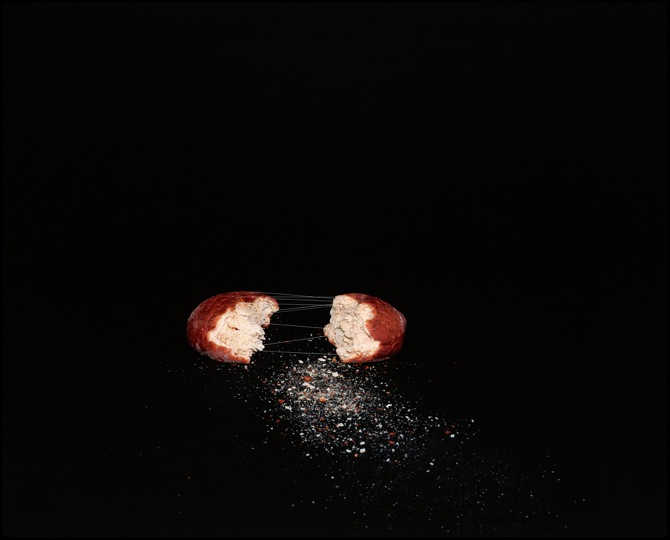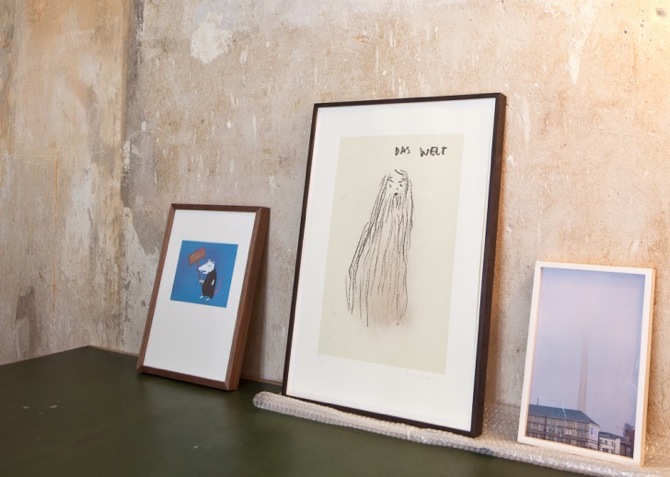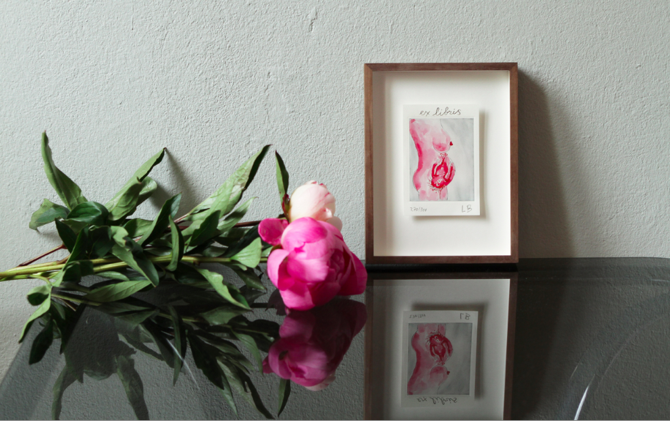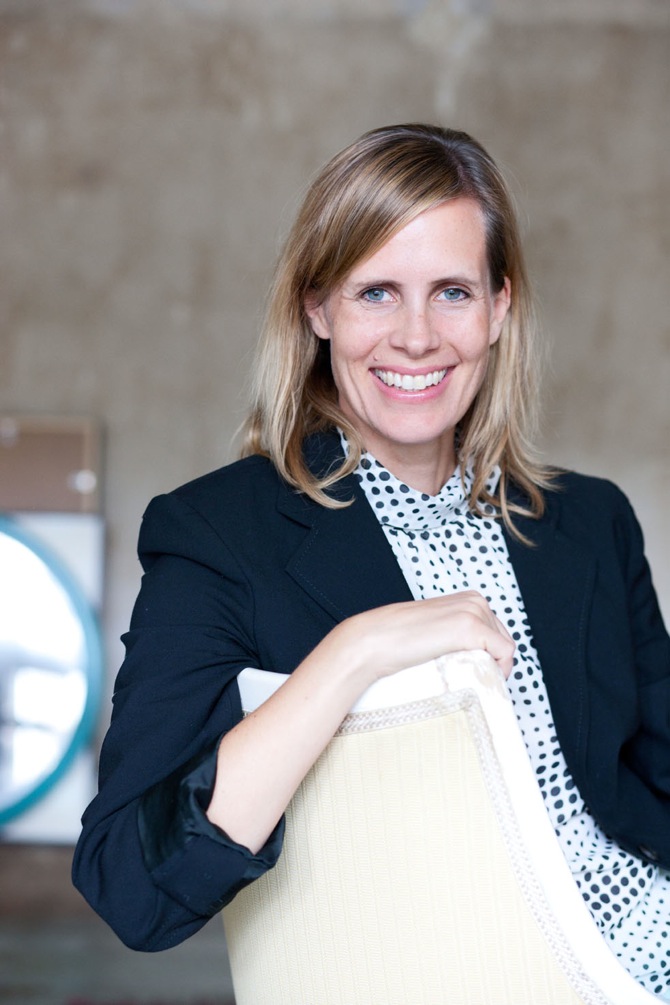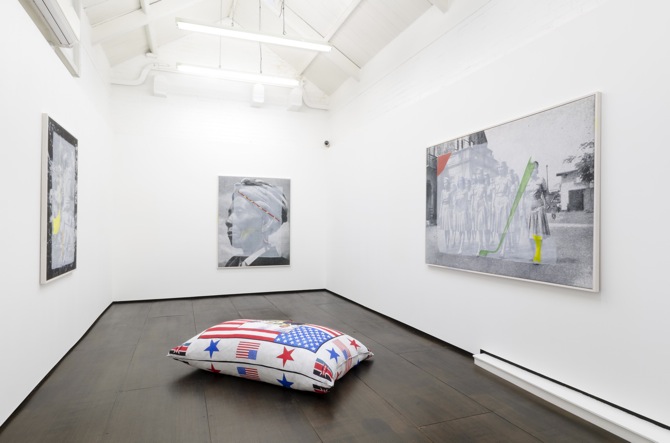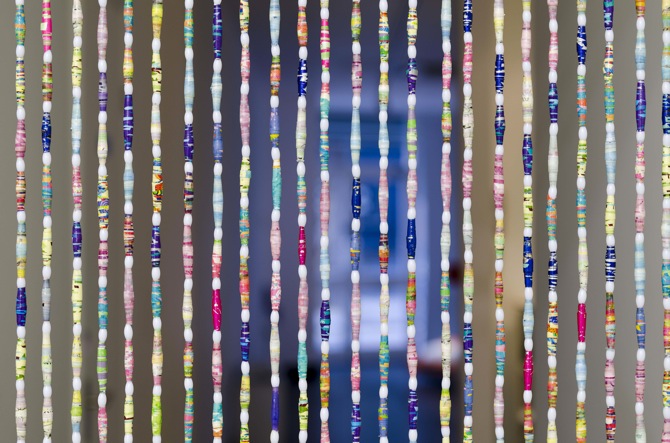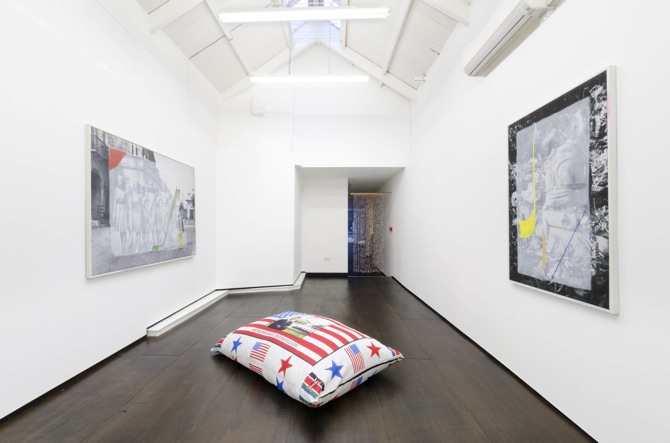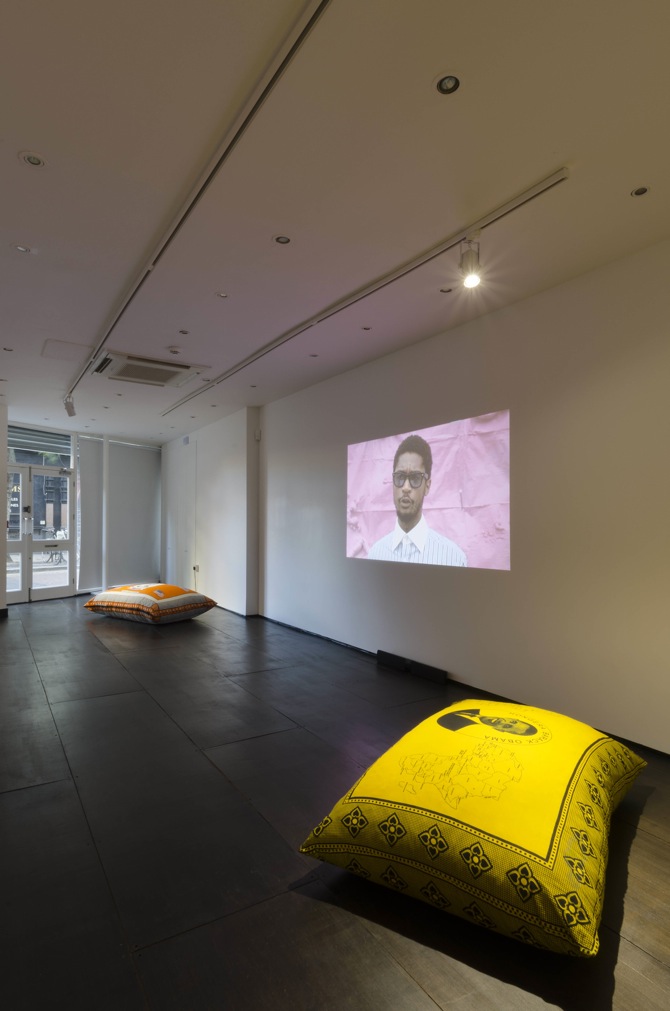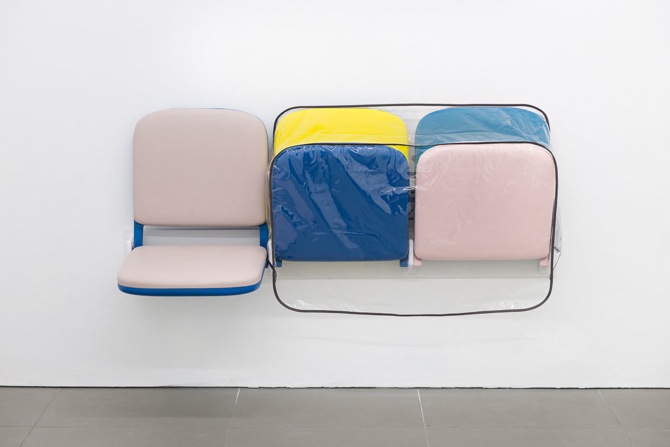
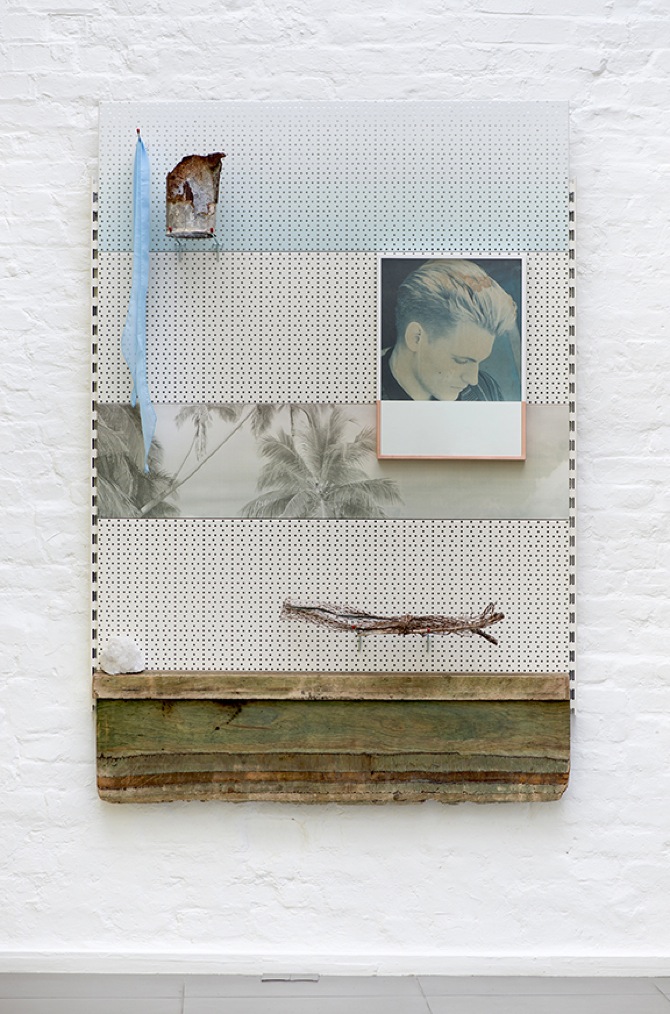
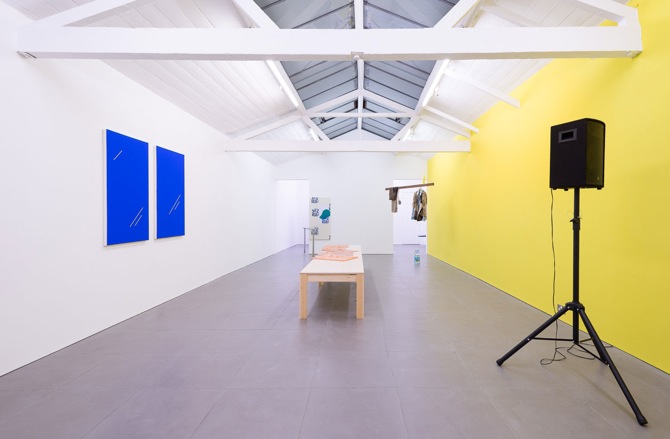
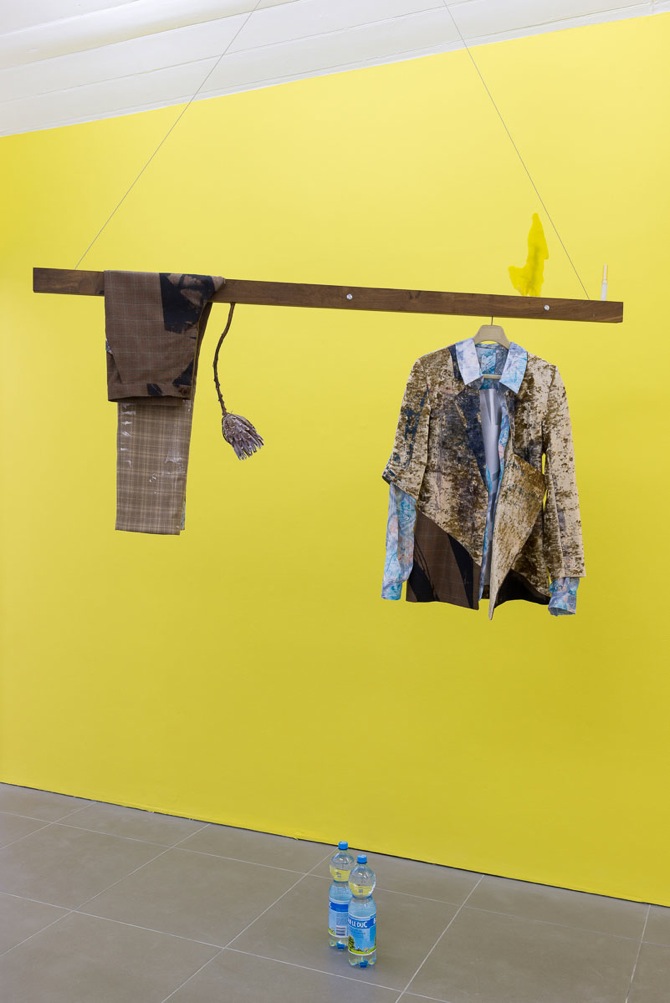 from the top: Magali Reus, Parking (Jogs), 2013 / Gabriele Beveridge, See through you, 2013 / Installation view Comrades Of Time / Bas Van Den Hurk, Untitled, 2013 / courtesy the artists, photos by Cell Project Space
from the top: Magali Reus, Parking (Jogs), 2013 / Gabriele Beveridge, See through you, 2013 / Installation view Comrades Of Time / Bas Van Den Hurk, Untitled, 2013 / courtesy the artists, photos by Cell Project Space
From creepy hotel rooms to spectacular one-day-shows: London-based curator Tobias Czudej continuously re-invents strategies to present art, to experiment and to doubt traditional display concepts – until the exhibition itself turns into an art form. With his project CHEWDAY'S, which refers to the way people pronounce Tobias surname, he recently curated the show "Comrades of Time Comrades of Time", which is still on display at Cell Project Space in London Hackney. While it is not only a striking assemblage of up-and-coming artists, the show demonstrates an unconventional approach towards spatial performance. Senses are challenged, yet the visual appearance remains minimalist. I spoke to Tobias about his motivation to do exhibitions, his view on contemporary art and about Comrades of time.

